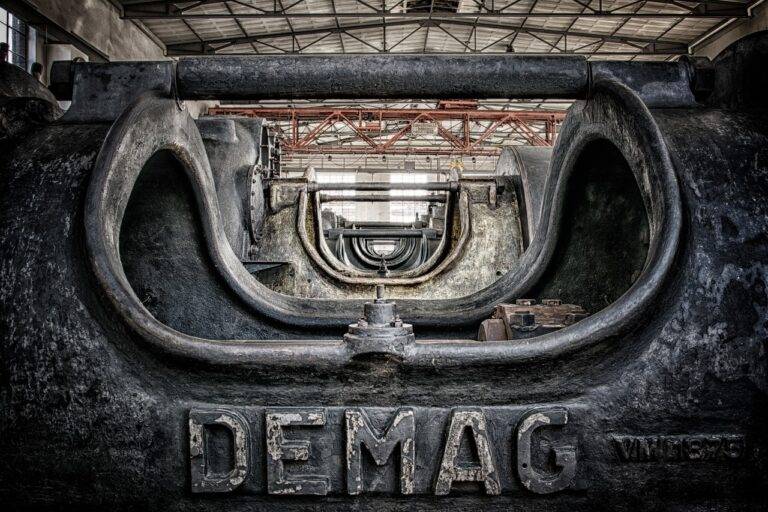The Impact of Tech on Traditional Business Operations
Traditional businesses are encountering numerous hurdles when it comes to embracing the fast-paced advancements in technology. One key challenge is the fear of change and reluctance to deviate from their established ways of functioning. Many businesses are comfortable with their traditional methods and are hesitant to invest time and resources into adopting new technologies that may disrupt their existing processes.
Another major obstacle is the cost associated with implementing new technology. Upgrading systems, training employees, and maintaining technological infrastructure can be financially burdensome for many traditional businesses. This leads to a reluctance to make the initial investment, even though the long-term benefits of technology adoption are evident.
Changes in Customer Expectations Due to Technological Advancements
Customer expectations have significantly evolved with the rapid advancements in technology. Today’s customers demand seamless and personalized experiences across all touchpoints, driven by the convenience and efficiency that technology offers. From instant communication through social media channels to personalized product recommendations based on their browsing history, customers now expect businesses to anticipate their needs and provide a tailored experience.
Moreover, the rise of mobile technology has further shaped customer expectations, with users expecting businesses to have mobile-friendly websites and apps for easy access to information and services on the go. Mobile payment options and contactless transactions have also become increasingly popular, prompting businesses to adapt their payment systems to cater to the preferences of tech-savvy customers. As a result, businesses are under pressure to constantly innovate and stay up-to-date with the latest technological trends to meet the ever-changing expectations of their customers.
What are some challenges traditional businesses face in adopting technology?
Traditional businesses may face challenges such as resistance to change from employees, lack of understanding of new technology, high implementation costs, and concerns about data security.
How have customer expectations changed due to technological advancements?
Customers now expect businesses to provide seamless online experiences, personalized communication, quick response times, and convenient digital payment options.
How can traditional businesses adapt to meet changing customer expectations?
Traditional businesses can adapt by investing in user-friendly technology, providing training for employees on new systems, collecting and analyzing customer data to personalize experiences, and offering multiple channels for communication with customers.
What are some examples of technological advancements that have significantly impacted customer expectations?
Examples include the rise of e-commerce platforms, the use of chatbots for customer service, mobile payment options, and personalized marketing strategies based on customer data.
How important is it for businesses to keep up with technological advancements to meet customer expectations?
It is crucial for businesses to keep up with technological advancements in order to stay competitive, attract and retain customers, and provide the level of service that modern consumers expect.





